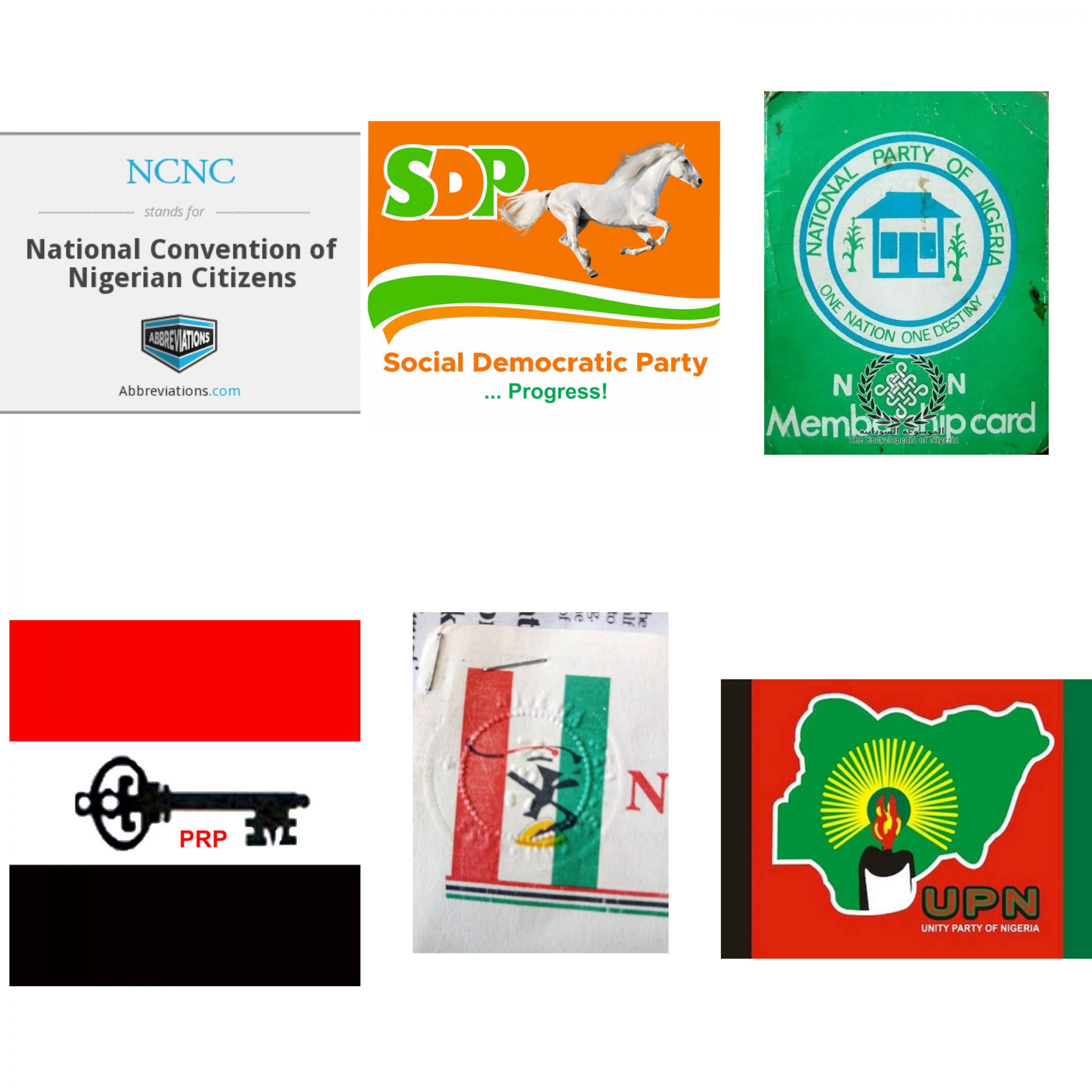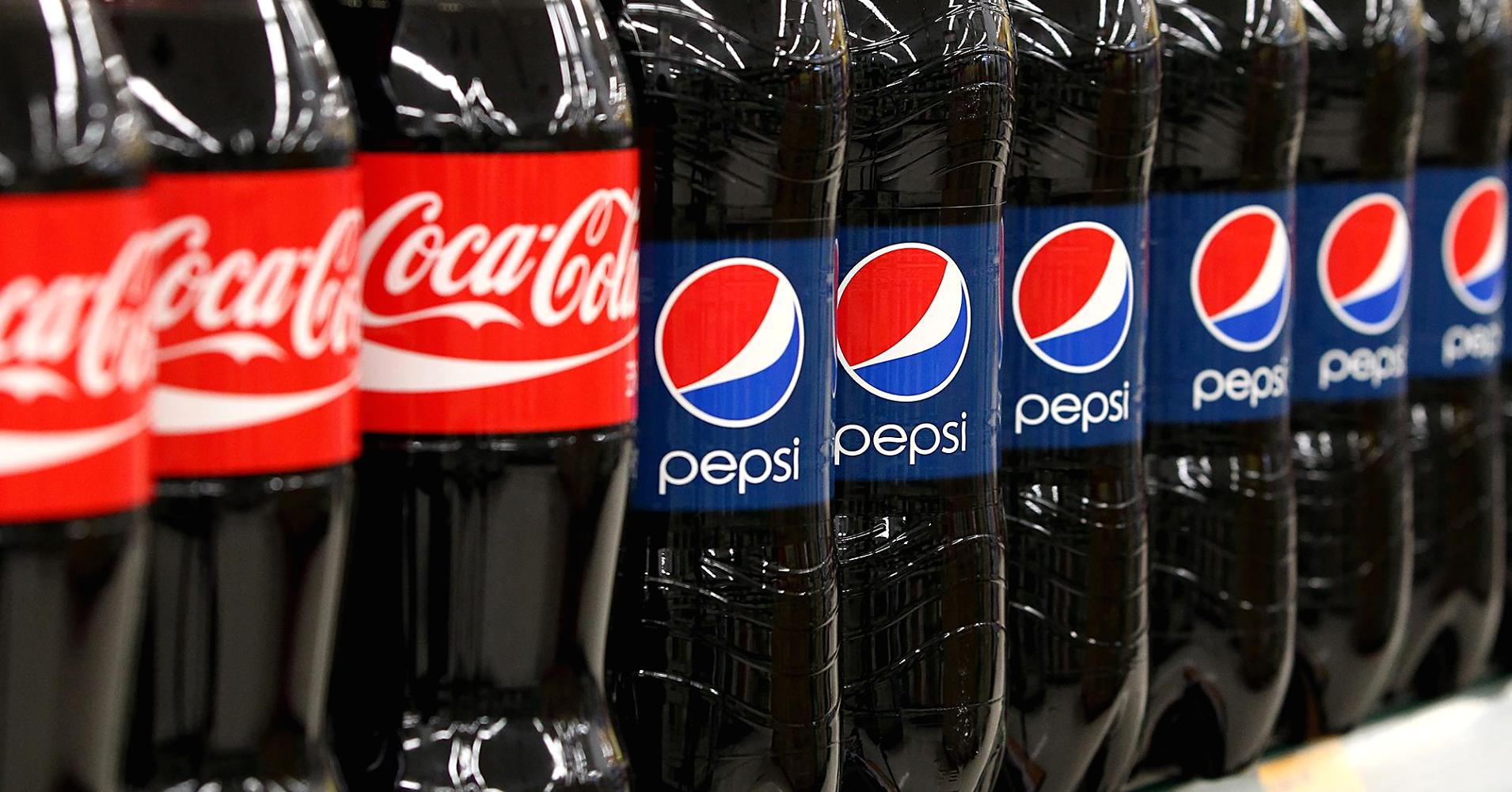By Abimbola Mohammed
We are now in the season of serious politicking and electioneering as the major political parties and their contests jostle for the presidency and other political offices in the country. Isn’t it worthy, therefore, to take a rearview mirror approach and see how this was done before the current dispensation?
That is why this week; we present you with the old political parties in Nigeria, from the first to the aborted third republics, the forces behind them, and how they fared in the national elections.
The Action Group (AG) was a Nigerian nationalist political party established in Ibadan on 21st March 1951, by Chief Obafemi Awolowo. The party was founded to serve as the platform for realizing his preliminary objective of mobilizing Western Nigerians to forestall the NCNC control of the Western Region and the subsequent aim of cooperating with other nationalist parties to win independence for Nigeria. It benefited immensely from the relationships developed in the Egbe Omo Oduduwa formed in Awolowo’s days in London as a student. It was popular in the west where it won majority of the seats to the legislative house between the 1951 and 1959 elections thereby forming the regional government. Its party logo was the palm tree.
National Convention of Nigerian Citizens (NCNC) later changed to the National Convention of Nigerian Citizens, was a Nigerian nationalist political party formed in 1944. It was formed by Herbert Macaulay, during the period leading up to independence and immediately following independence. While Azikiwe was its first secretary, NCNC was made up of a rather long list of nationalist parties, cultural associations, and labor movements that joined to form NCNC. The party at the time was the second to make a concerted effort to create a true nationalist party. The first test of the party came in the 1951 election. The party won majority votes in the Eastern Region of Nigeria’s House of Assembly but became the opposition in the western region with Azikiwe as the opposition leader representing Lagos.
Northern People’s Congress (NPC) was formed in June 1949. The party held considerable influence in the Northern Region from the 1950s until the military coup of 1966. It was formerly a cultural organization known as Jamiyaar Mutanem Arewa. The leader of this party was the Sardauna of Sokoto who also was the Premier of the Northern Region, Sir Ahmadu Bello. In 1957, following an arrangement with the NCNC, the party produced the first prime minister in the person of Abubakar Tafawa Balewa who ruled throughout the first republic (1963–1966).
The first republic came to an end with the January coup of 1966 led by Major Chukuma Nzeogwu. The coup was followed by a plethora of occurrences that led to the cessation of the eastern region, the birth of Biafra, and the subsequent declaration of war in 1967.
It was not until 1979 that Nigeria returned to civilian rule through a transition programme midwifed by General Olusegun Obasanjo, the then Head of State. There were five major parties competing for power in the first elections in 1979. As might be expected, there was some continuity between the old parties of the First Republic and the new parties of the Second Republic.
The National Party of Nigeria (NPN), for example, inherited the mantle of the Northern People’s Congress, although the NPN differed from the NPC in that it obtained significant support in the non-Igbo states of southeastern Nigeria. Known for its ‘One Nation, One Destiny’ slogan, It eventually won the general elections in 1979 and its Presidential flagbearer, Alhaji Shehu Shagari became the first Executive President of the country.
The United Party of Nigeria (UPN) was a political party that was dominant in western Nigeria during the second republic (1978-1983). The party revolved around the political leadership of Obafemi Awolowo, a sometimes polemical politician but effective administrator. However, the party’s main difference from its competitors was not the leader but the ideals of social democracy it was founded on. The UPN inherited its ideology from the old Action Group and saw itself as a party for everyone. It was the only party to promote free education and called itself a welfarist party.
The Nigerian People’s Party (NPP), the successor to the NCNC, was predominantly Igbo and had Azikiwe as its leader. An attempt to forge an alliance with the non-Hausa -Fulani northern elements collapsed in the end, and a breakaway party with strong support in parts of the north emerged from the failed alliance.
The People’s Redemption Party (PRP) is the socialist democratic political party in Nigeria. It is the Second Republic reincarnation of the Northern Elements Progressive Union. The party was created by the supporters of Mallam Aminu Kano after his withdrawal from the National Party of Nigeria. The party was proscribed, like others, after the 1983 military coup led by General Muhammadu Buhari.
Great Nigeria Peoples Party (GNPP) was one of the five major political parties that fielded candidates for elections in the Nigerian Second Republic. The party was formed by a splinter group from the Nigerian People’s Party; the group was led by Waziri Ibrahim, a politician, and businessman from Borno. The original intention of the NPP was to transcend the politics of ethnicity and to promote the cause of both prominent ethnic groups and ethnic minorities. However, the entry of Nnamdi Azikiwe to the NPP led to a power struggle in which Waziri lost. Waziri then led a group of minorities in the north and some southerners to form the Great Nigeria Peoples Party.
As with the first republic, the violence that trailed President Shehu Shagari’s second term bid, especially in the West, led the military to strike again and end the second republic. Nigeria had to endure a long stretch of the military rule again before General Ibrahim Babangida decided to midwife another transition to civilian rule.
The Social Democratic Party of Nigeria, (SDP), was one of the two parties established by former President Ibrahim Babangida in an effort to institute detribalized party system in Nigeria. Formed on the socialist ideological point of view, it is termed ‘a little to the left’ as a reflection of this. The leadership was mostly dominated by Northern Nigerians. Babagana Kingibe was elected party chairman in 1990 over his rival Mohammed Arzika. The party was primarily financed by the Federal Government and individuals such as Shehu Musa Yar’Adua, Francis Nzeribe, and M.K.O. Abiola, who later emerged as the presidential candidate.
The National Republican Convention (NRC) was a Nigerian political party established by the government of General Ibrahim Babangida and ultimately disbanded by the military regime of General Sani Abacha in 1993. The party was organized to cater to the conservative leanings of some Nigerians, it flourished in the core northern states and Eastern states of Abia and Enugu. However, many felt there was little difference between the party and its competitor, the Social Democratic Party, another government-created party. The party had Dr. Ahmed Kusamotu (chairman) and Bashir Tofa as the presidential candidate.






Comment
No comments found.